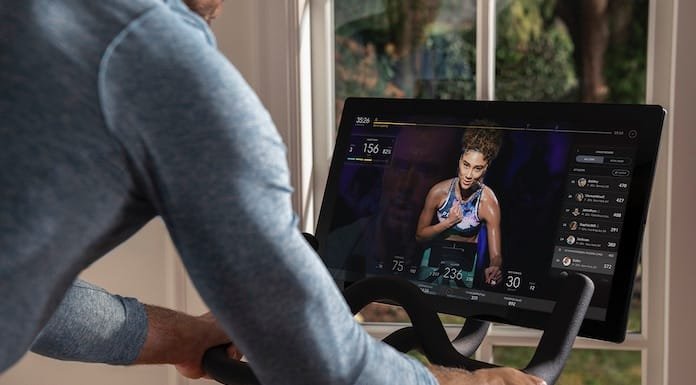

Have any suggestions for the 3 Count? Let me know via Twitter @plagiarismtoday.
1: Peloton Fires Back At Music Publishers With Antitrust Allegations
First off today, Legal Entertainment at Forbes reports that the exercise company Peloton has filed a counterclaim against the National Music Publishers Association (NMPA) saying that, contrary to the NMPA’s lawsuit Peloton pays publishers for the use of their music and that the licenses the NMPA are demanding are inappropriate and impractical for their product.
Peloton has made a name for itself providing exercise equipment combined with video-based exercise classes streamed to the machines. Those classes often include music from top artists but the NMPA requires that the use of the music in that capacity requires a synchronization license (sync license) that Peloton does not have. The NMPA filed a lawsuit seeking some $150 million in damages.
However, according to Peloton and their counterclaim, they already pay all “major” publishers and many independent ones. They further claim that sync licenses are not appropriate for their product as they often build playslist hours before a class starts though sync licenses must be done on a case-by-case basis well ahead of production. Peloton is also suing the NMPA alleging anticompetitive behavior, saying that the NMPA has interfered with their ability to negotiate with publishers directly.
2: YouTube CEO Susan Wojcicki Ramps Up Article 17 Opposition, Promises Copyright Claim Changes
Next up today, Tatiana Cirisano at Billboard reports that YouTube has sent out its quarterly newsletter to creators and, in it, has promised an overhaul to its copyright complaint system and to continue to fight the EU copyright reforms.
The letter was penned by YouTube CEO Susan Wojcicki and said that the company is planning to alter its manual copyright claim system to release or ignore claims that are less than 10 seconds or simply incidental (such as music accidentally recorded in the background when walking down the street). Currently such uses can result in a copyright takedown of a video, including a full copyright strike.
YouTube also reiterated its opposition of Article 13 (now Article 17), which requires sites to implement filtering software to prevent the re-uploading of copyright infringing material. Though the law cleared the last hurdle in the EU government, YouTube is hoping to challenge it as countries seek to implement it over the next two years.
3: U.S. Places 36 Countries on Annual ‘Piracy Watchlist’
Finally today, Ernesto at Torrentfreak writes that the United States Trade Representative (USTR) has published its annual Special 301 Report, which aims to highlight countries that the US government believes are not doing enough to protect intellectual property.
The report looks at a variety of areas including the laws and enforcement of intellectual property in the various countries. It then identifies countries as either “Priority Watch List” or “Watch List” to represent tiers of perceived deficiency. This year’s Priority Watch List includes Algeria, Argentina, Chile, China, India, Indonesia, Kuwait, Russia, Saudi Arabia, Ukraine and Venezuela.
One notable downgrade is Canada, which went from the Priority Watch List to the Watch List. This comes after Canada signs a treaty that will extend the country’s copyright to live+70 years, bringing it up to par with the United States. Though the USTR promises appropriate actions to those who fail to improve, there are no specific measures that are taken, other than possible action through the World Trade Organization.
The 3 Count Logo was created by Justin Goff and is licensed under a Creative Commons Attribution License.
Want to Reuse or Republish this Content?
If you want to feature this article in your site, classroom or elsewhere, just let us know! We usually grant permission within 24 hours.